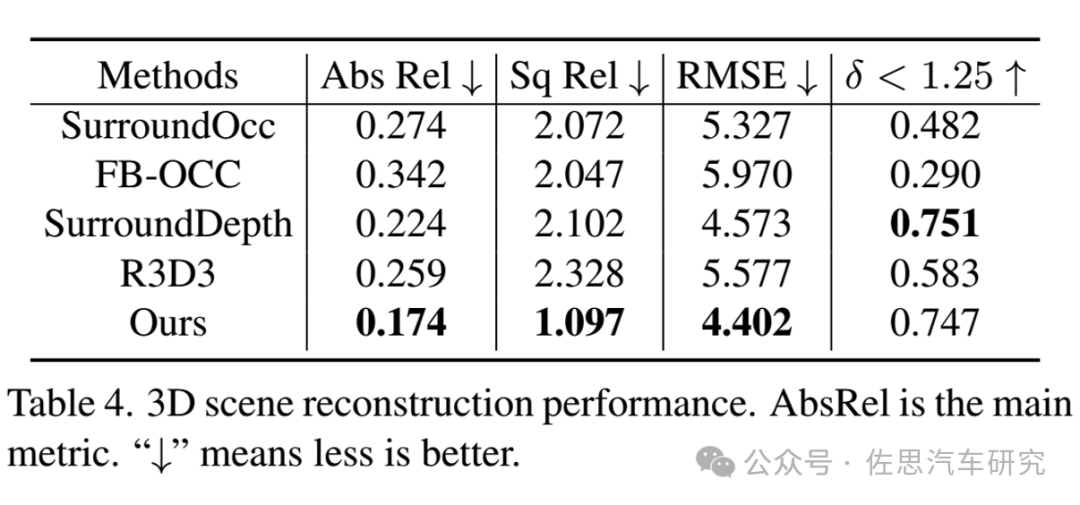Understanding Credit Union Rates for Personal Loans: What You Need to Know
#### Credit Union Rates for Personal LoansWhen considering financing options, many borrowers often overlook credit unions, which can offer competitive rates……
#### Credit Union Rates for Personal Loans
When considering financing options, many borrowers often overlook credit unions, which can offer competitive rates for personal loans. Understanding credit union rates for personal loans is essential for anyone looking to secure funding for personal needs, whether it’s for debt consolidation, home improvements, or unexpected expenses.
Credit unions are member-owned financial institutions that typically offer lower interest rates and fees compared to traditional banks. This is primarily because credit unions operate on a not-for-profit basis, allowing them to pass savings onto their members. The rates for personal loans can vary significantly based on several factors, including your credit score, loan amount, and repayment term.
#### Benefits of Choosing Credit Unions
One of the most significant advantages of borrowing from a credit union is the personalized service. Credit unions often prioritize member relationships and may be more willing to work with borrowers who have less-than-perfect credit. Additionally, credit unions typically have fewer fees than traditional banks, which can lead to overall savings on your loan.
#### Factors Influencing Credit Union Rates

When exploring credit union rates for personal loans, it’s important to consider various factors that can influence the rate you receive:
1. **Credit Score**: Your credit score is one of the most critical factors in determining your interest rate. Higher credit scores often qualify for lower rates, while those with lower scores may face higher rates.
2. **Loan Amount**: The amount you wish to borrow can also impact your rate. Larger loans may come with slightly lower rates due to the reduced risk for the lender.
3. **Loan Term**: The length of time you choose to repay the loan can affect the rate. Shorter loan terms typically have lower rates, while longer terms may increase the rate due to the extended risk.
4. **Membership Criteria**: Credit unions often have specific membership requirements. Some may be open to anyone, while others may require you to meet certain criteria, such as employment in a specific industry or living in a certain area.

#### How to Compare Credit Union Rates
To find the best credit union rates for personal loans, it’s essential to shop around. Start by researching local credit unions and their offerings. Many credit unions provide online tools that allow you to estimate your potential rate based on your credit profile.
When comparing rates, also consider the overall cost of the loan, including any fees associated with borrowing. Some credit unions may offer a lower interest rate but charge higher fees, which can negate the benefits of the lower rate.
#### Applying for a Personal Loan from a Credit Union
Once you’ve identified a credit union with favorable rates, the next step is to apply for the loan. The application process typically involves submitting personal information, including your income, employment history, and credit history. Be prepared to provide documentation to support your application.

After submitting your application, the credit union will review your financial profile and determine your eligibility. If approved, you’ll receive the terms of your loan, including the interest rate and repayment schedule.
#### Conclusion
In summary, understanding credit union rates for personal loans can help you make informed financial decisions. By taking the time to compare rates and understand the factors that influence them, you can find a loan that meets your needs at a competitive rate. Remember, credit unions can be a valuable resource for borrowers seeking personal loans, offering lower rates and a more personalized approach to lending.